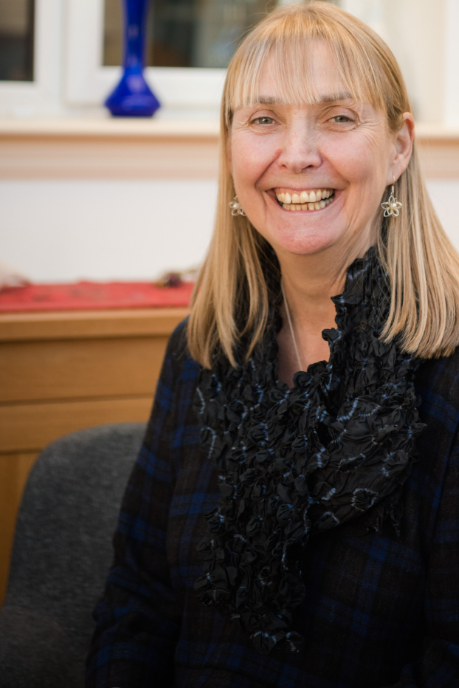This webinar was part of a series that was emerging with John at Onlinevents. In Group Supervision Lets get started!, we explored beginnings; Group Supervision – Cruising in the middle focussed more on the process and holding space during the life of the group; and this next webinar emerged from questions in the room and has become: Group Supervision How To…? Really?
What’s the likelihood of us finding concrete answers to multiple fascinating ‘How to’ questions posed by the prospect of running a supervision group? I’m not sure but I am up for exploring with you!
How to deal with people who take up the time, don’t speak enough, interrupt? How to deal with abruptions, dual relationships, cliques, conflicts of interests, requests to record sessions? How to work with ethical dilemmas and what if a group member reveals unethical practice? How to notice my own triggers as supervisor, my own projections onto group members, assumptions, judgements? How to surface parallel process? How to return to centre when I have been completely knocked off!
Course Content
Presenter

Jo Birch has over 30 years’ experience as a psychotherapist, executive coach and educator. An accredited supervisor, Jo is currently the holder of the prestigious EMCC Global Supervision Award.
She remains an active contributor to the counselling, psychotherapy, coaching, and supervision communities — formerly Chair of BACP Coaching and board member of AoCS and EASC and regular volunteer with AC.
A regular journal contributor, Jo is editor of Routledge publications Coaching Supervision Groups: Resourcing Practitioners (2022) and co-editor Coaching Supervision: Advancing Practice, Changing Landscapes (2019) in the EMCC Mastery Series, and previously series editor of Thinking Global for Coaching Today.
As Director of Crucial Difference, she created an international team providing supervision training for coaches and supporting leadership development across the helping professions and beyond.
Also well-known for utilising person-centred creative approaches throughout her work, Jo initially studied with Liesl Silverstone and became one of a small group of accredited trainers. More recently her creativity has moved into photography and filmmaking which extend her personally and professionally. Currently she creates short films for people making a difference in the world; and is creating business portraits with people who hate being photographed!
Jo is committed to creating a more just and inclusive world. Having lived and worked in diverse innercity environments, she integrates multicultural learning into her work, delivering training in multiple languages (including English, Russian, and Chinese) and continually expanding her own cultural understanding through the study of Urdu, Spanish and more.


